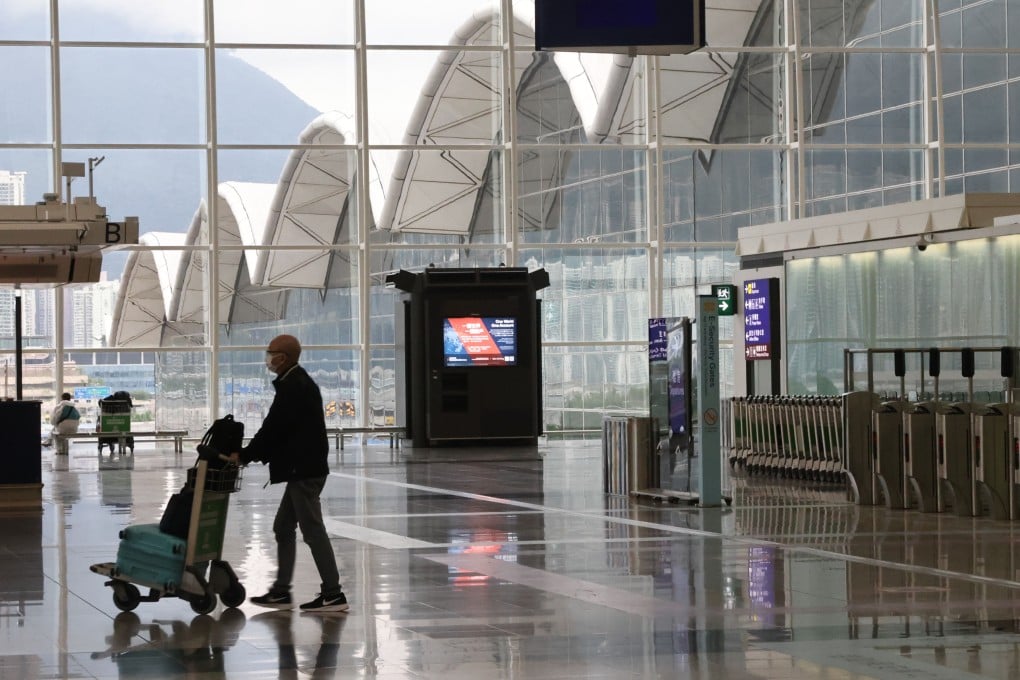Hong Kong risks losing companies to ‘stickiness’ in other cities, threatening its international hub status, advisor warns
- Relocation costs have prevented corporate flight from Hong Kong despite disruptive quarantine rules, but willingness to pay those costs is rising, warns the FSDC
- Hong Kong must retain its role connecting China to the world and should further integrate with the Greater Bay Area, the advisory body’s chairman says

The costs of moving operations out of Hong Kong have limited an exodus of international firms during the Covid-19 pandemic, according to the chairman of a government-backed advisory body charged with maintaining the city’s status as an international hub.
But that same “stickiness” will make it difficult for Hong Kong to lure companies back once they establish operations elsewhere, according to Laurence Li Lu-jen, chairman of the Financial Services Development Council (FSDC).
“There is a cost to both the firm and the person to relocate a role,” Li said in the annual report the council released on Monday. “In the past couple of years, Hong Kong has benefited from this stickiness. But firms and people are increasingly willing to pay the cost. If the roles and people are relocated, over time they will become sticky in another place. Attracting them back will be an uphill task.”
The city must keep talented individuals and international companies in the city and not allow any deterioration of its position as an international centre in China, Li said.
